350
Why haven’t we solved the climate crisis yet?
By Lisa Rose, Europe Digital Manager

Lisa Rose, Europe Digital Manager
I wish I could stop doom-scrolling through all the shocking headlines and images of our over-heating planet but I can’t look away.
I’m always frozen in a state of disbelief and despair at times like this.I’ve been staring at one photo in particular, of the thick orange haze cloaking the United Nations building in New York. It’s an eerily symbolic illustration of the situation we’re in. As Dr Lucy Tran put it: “it’s the perfect image for how world leaders have failed at stopping the climate crisis.”
So now I have this one burning question in my mind: Why haven’t we solved the climate crisis yet?
About 15 years ago, I remember being very aware of the scientific warnings about our climate, but it wasn’t something that anyone I knew was lying awake at night thinking about. This lack of anxiety and outrage was blamed as the reason why the world was too slow to react to the dangers ahead. People simply didn’t care enough – because climate impacts and warnings were not in the mainstream news much.
But now it’s a different story and almost everyone I know is deeply worried. The demand for bolder action has never been stronger and this is largely thanks to the epic rise of the youth climate movement. Many governments have declared states of emergency along with ambitious climate goals while big companies are making (seemingly) impressive promises. So how can we still be on a path to catastrophic destruction even when the impacts of the climate crisis are literally on everyone’s doorsteps right now.
I’ve reached out to some of my colleagues across 350 to help me find the answers. Here’s what they had to say:
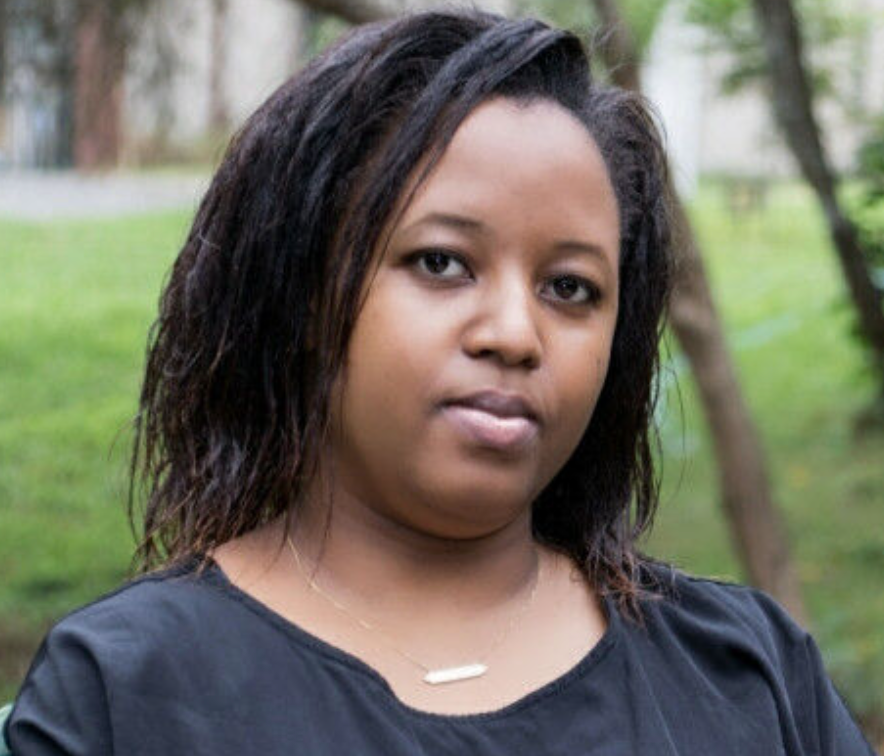
Charity Migwi, Africa Regional Campaigner
“We have been pushing for the political willingness to change for so long and calling for system change but this conceals the fact that it’s we as the people who need to change. It’s easy to blame “others” but our leaders are a reflection of our society and I think there’s a lot of greed and selfishness among all of us, because maybe we don’t really want to change.
It’s true that at the individual level there’s not much we can do, we absolutely need system change but it’s up to citizens like you and me to influence this and not enough people are doing that – maybe because they don’t realise they should or they don’t know how or they’re hoping someone else will do it.
Also, I think we aren’t seeing the potential that renewable energy solutions have to offer at local and global scales so there’s not enough interest and investment in the transition to safe and sustainable alternatives yet. We need to see more examples being implemented that are lifting up local communities as most people really need to see it to believe it”
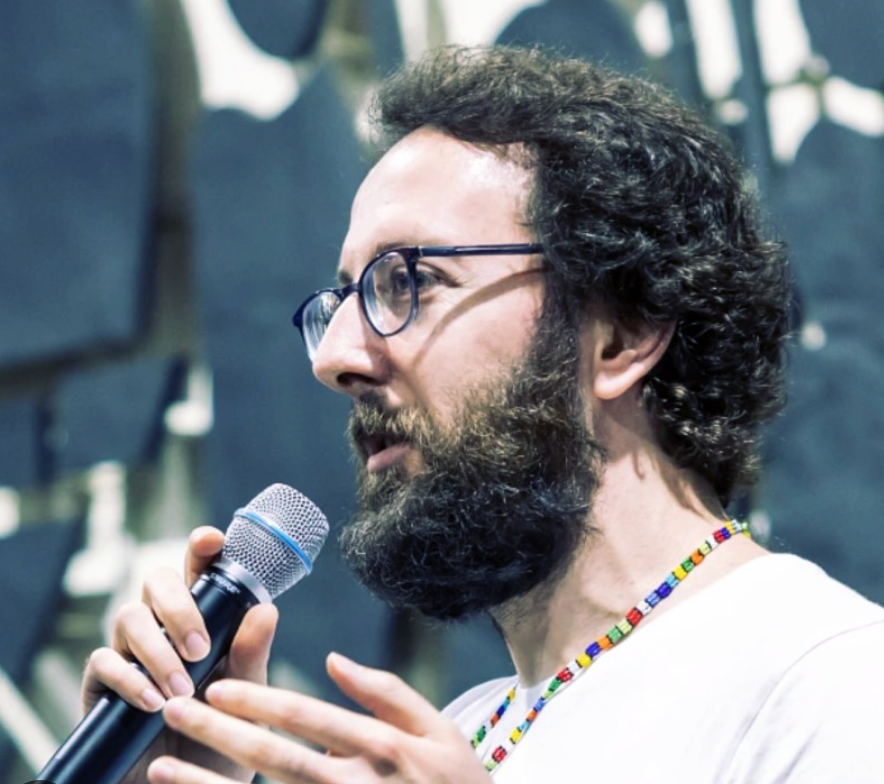
Nicolò Wojewoda, Europe Regional Director
“I think most people are getting the impression that we’re already doing what we can – politicians are talking the right rhetoric, some good political, legislative and economic steps are happening and this makes it look like the emergency is being addressed. We’ve called the ambulance, the paramedics are on their way, the patient is still suffering but everything’s going to be OK soon.
And also the link between the climate crisis and fossil fuels is still not entirely obvious for everyone. Even if people realise the extreme heat, droughts, floods and storms are related to climate change, they aren’t necessarily getting the message that we need to stop burning fossil fuels.
At the same time, political and economic reactionary forces are making it look more complicated than it is and putting obstacles in the way of renewable energy solutions. They seed doubt about solar and wind power and insist we still need more fossil fuels and this means many folks are questioning the simplicity of just giving them up for good and this is contributing to the dangerous delay of the fair and just transition we need.
There’s a lot going on in the world right now and many people are feeling overwhelmed, dealing with multiple crises. Even if people want stronger action on climate, it may be beyond what they feel able to consider doing something about/ including as part of their demands to politicians.”
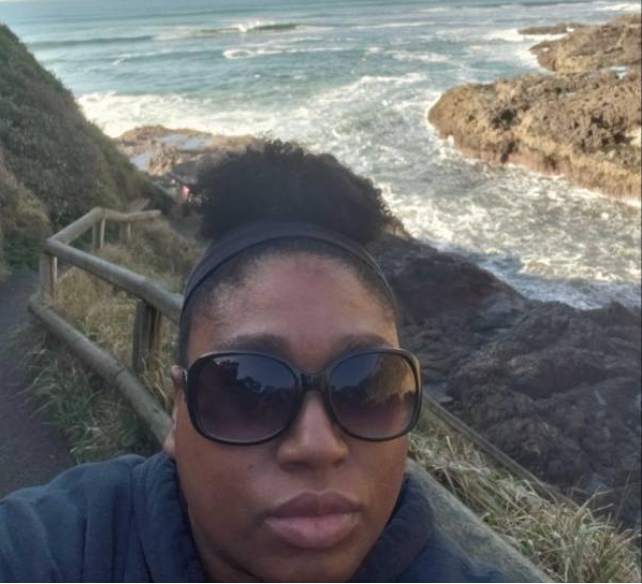
JL Andrepont – US Senior Policy Analyst and Policy Campaigner
“The immense power of the fossil fuel industry is stopping us from solving the climate crisis combined with societal apathy that has been reinforced by the media. And much of the damage is created by corporations in collusion with governments. That’s not to say that we shouldn’t bother pressuring our governments for more action but we need to come at this from multiple angles with awareness of where the biggest problems are.
Something that few people are aware of is that the Paris Agreement was the floor and not the ceiling. Meaning that it was really the very least that countries could have agreed to based on standards that were not really good enough at the time it was signed. Now, we’re 7 years on and it’s even more apparent that those standards were far too low. So, holding up Paris as the goal we need to keep shooting for no longer makes sense to me. We need to phase out the entire fossil fuel industry a lot faster and to be honest I’m not sure we’ll even manage to stay below a 2C temperature rise, even if we do. I’m really terrified that we’ll blow right past that benchmark which already bakes in a lot of suffering. Yet, I try not to let this fear paralyze me.
I’m here fighting with determination to stop every single 0.1C rise from here on out and I think that’s what we all need to stay focused on – because even if we don’t manage to totally “solve” this crisis by staying well below 1.5C and getting back to 350ppm of CO2 in the atmosphere – there is no point at which the climate movement and the world at-large can just give up and go home. I’m in this, we all need to be in this, until there’s nothing left to fight for and I see so much out there worth fighting for.”

Farzana Faruk Jhumu – Associate Coordinator, Bangladesh
“As part of the youth movement, this question bothers me so much. One of the most respected climate negotiators mentioned that he started to work on climate even before my birth. Throughout this year, climate scientists have found out that human greed is where the problem lies and I believe that community is where the solution is.
Bangladesh is not only vulnerable to the climate crisis, it is also incredibly resilient. The community there has been practicing a sustainable lifestyle for decades. Local adaptation solutions and energy solutions have been saving our low land countries for years. Renewable solutions like solar water heaters, biogas stoves, Bondhu Chula (efficient stove), small scale solar panel and micro-hydropower are being successfully used by local communities.
Bangladesh has the largest off-grid solar power program in the world. And in south Asia, our culture has taught us the modern solutions of fast fashion like clothing swaps, renting clothes, and upcycling clothes and fabric. This is one example out of many. But yet, the world is in search of some magic wand to solve climate change. Renewable energy solutions and sustainable culture are not mainstream enough yet.
We need global climate finance to support the massive expansion of renewable solutions without creating further debt for countries like Bangladesh.
If we turn a blind eye to the community based renewable solutions, and try to make profit with false solutions, the climate crisis can never be solved.”
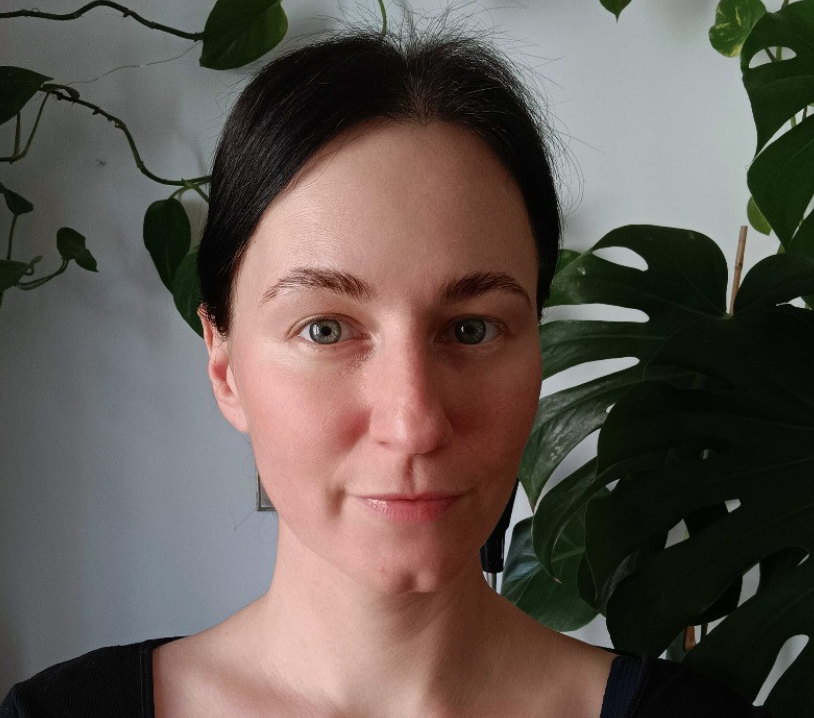
Julia Krzyszkowska – Global Digital Associate Director
“To me, the climate crisis isn’t about an atmospheric process – it’s an injustice inflicted by people, against people. We haven’t solved it yet for the same reasons why we haven’t solved hunger or poverty – because for the very few, there’s power and profit in inequity and oppression. And that power, and wealth, is fueled by the same fossils that are causing climate breakdown.
The worst part and the best part is that we have the solutions already – the science to tell us what we need to do, and the technology to make it happen. Yes – it will be hard, because it forces us to reimagine an entire civilisation and economy beyond constant growth fueled by coal, oil and gas. I think this is partly why we haven’t solved it yet – because, unlike the climate tipping points, we can’t quite see a clear step by step, logical path in front of us. This is uncharted territory.
What we need is to stop thinking about the climate crisis as an isolated issue and start seeing it as part of a larger interconnected web of injustices and oppressions. We need to start pointing the finger at the ultra-rich and powerful as those standing in the way to the change we want – the change we need to survive.”
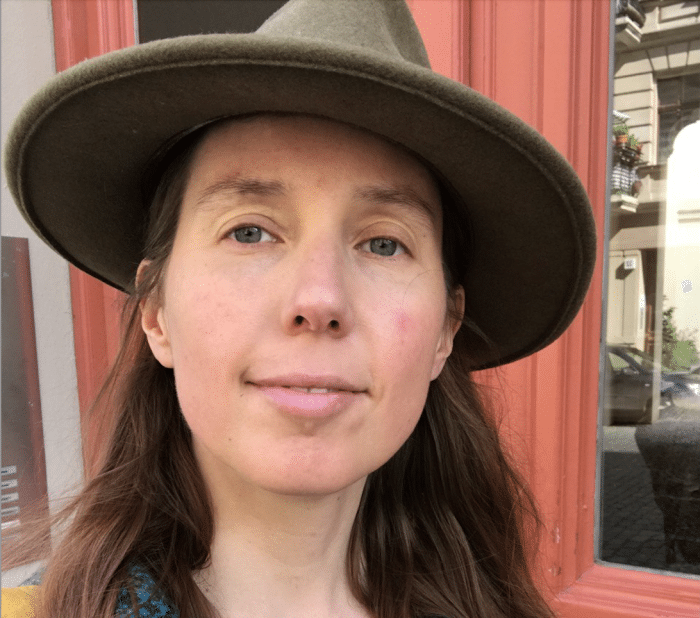
Sofia Rodriguez – Germany Community Organiser
“I suppose there are various psychological and sociological reasons that may explain why the world hasn’t acted in the way it should. But if you want to know who’s really to blame, look no further than fossil fuel companies, the banks that fund them and the companies who insure them. There is ample proof that they have known that fossil fuels are the main cause of the climate crisis for decades and have actively worked to prevent that knowledge from reaching the public. They have financed massive disinformation campaigns and thrown epic amounts of money at politicians to prevent measures to curb warming.
The media (and those who own it) is also very much to blame, as public perception of the entire issue continues to be distorted and they have played a major role in shaping this. Much of the media isn’t able to transmit the level of urgency needed because they are either corrupt or scared.
I feel this is why the community organising work I do is so important because it’s about regular people getting out into their own communities and spreading the news not only about the dangers we face but also the solutions and they can bring others into the movement using the training and support that we can provide.”
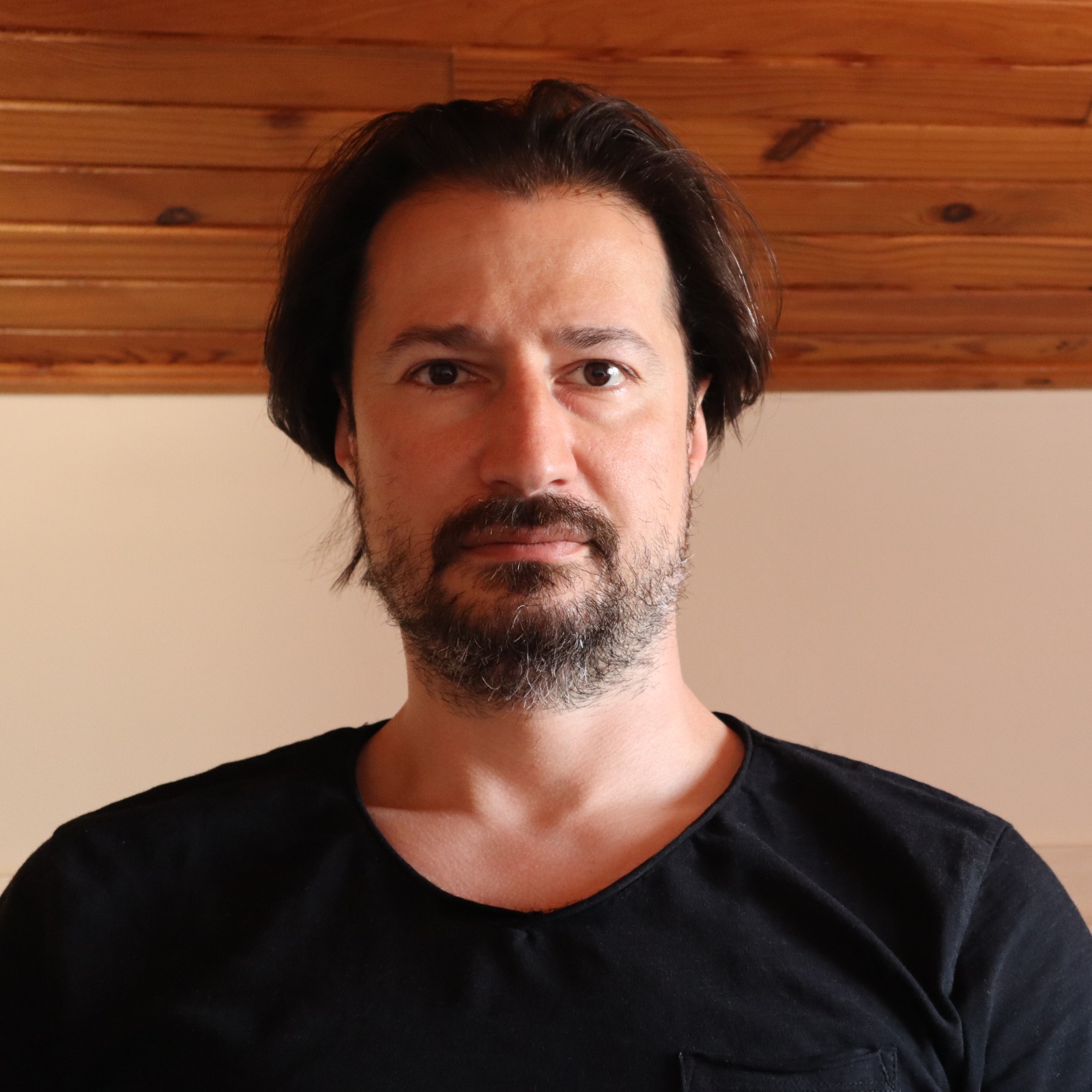
Mahir Ilgaz – Former Associate Director Global Policy and Campaigns
“I think we are past the point of actually “solving” the climate crisis, at least in our own lifetimes. We are currently managing it, and we are doing a terrible job, quite frankly. But this is not to say the fight is lost – just that we have to be aware of the reality we are in. And this awareness should really strengthen our resolve to avoid the worst of the crisis.
Making the transition to avoid the worst is no simple task. The scale of the change we need is immense but I think we will achieve it, especially if we cut off the flow of finances to the fossil fuel industry.
We must ensure that our resources go towards creating the low carbon economy that we need. And something that’s preventing us from doing this is the lack of financial regulation by public institutions. It might send some of us to sleep thinking about this but one of the best ways to ‘cancel’ carbon would be to completely ban any public financing of fossil fuel expansion and regulate private finance to encourage the development and deployment of more renewable technology, especially in the Global South.
If we can achieve this quickly then we will save countless lives and vital parts of our planet.”
Clearly, there are myriad reasons why we’re in this situation and there’s no silver bullet solution. The debate around if it’s “too late to act” or not and if we can still “save the planet” is not a helpful debate. The best time to act on carbon emissions was long before you and I were born and the next best time is always going to be right now.
The news is full of the shocking, unthinkable, things that are happening to our shared planet and communities living on the frontlines of the crisis. From record breaking temperatures, to droughts, floods, rising seas and wildfires, we are crossing global tipping points. And it is all happening so much faster than anyone expected.
Receiving this news without being given a clear opportunity to help change things at the same time is making most people feel overwhelmed and helpless. And it‘s up to folks like you and me to make sure everyone around us knows that we have a chance to change all of this.
We have the solutions and we can power up renewable energy to make sure the changes we urgently need are fast and fair. One of the best ways to do that right now is to demand that oil companies pay for a liveable future!